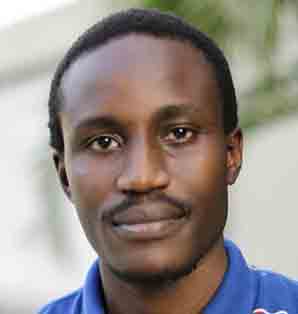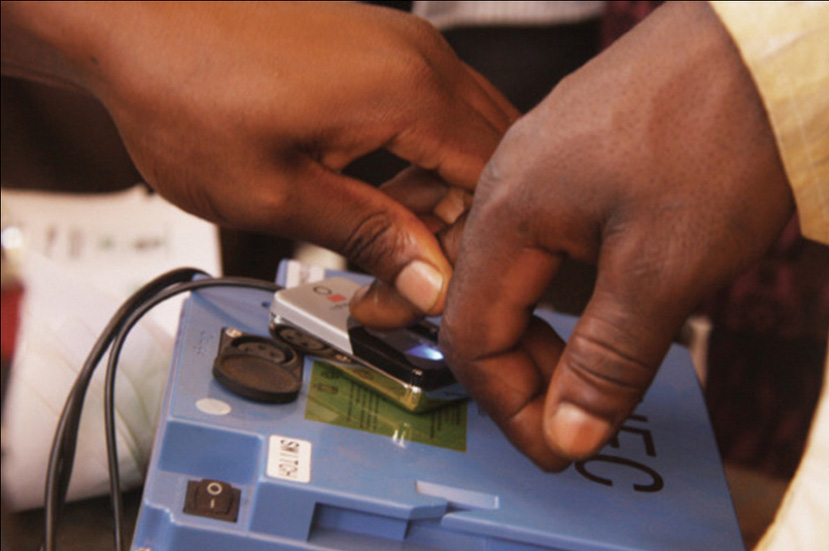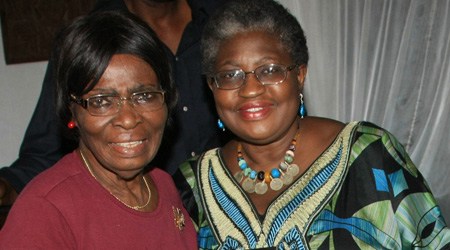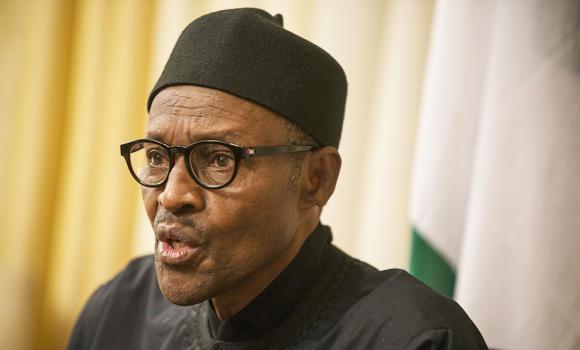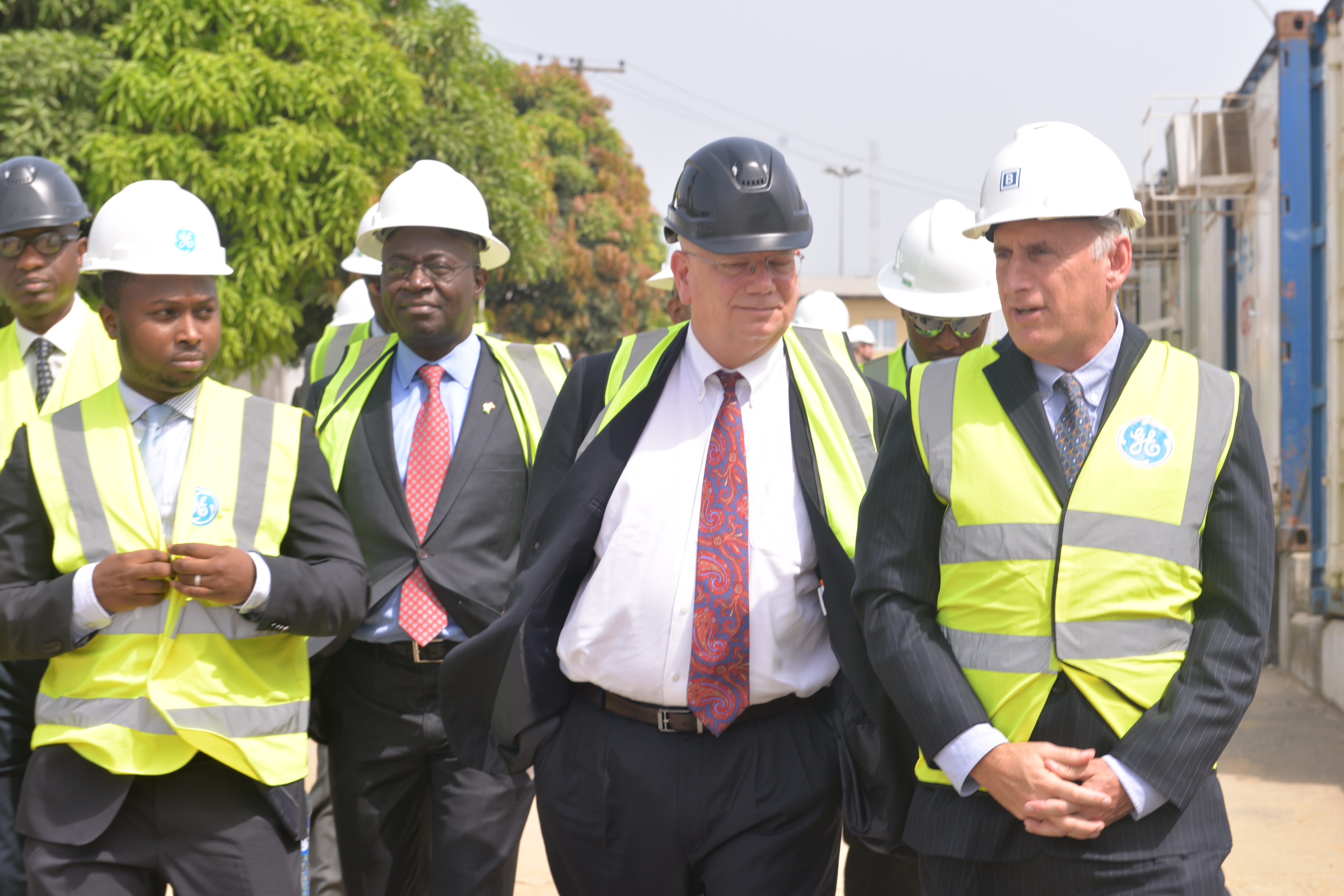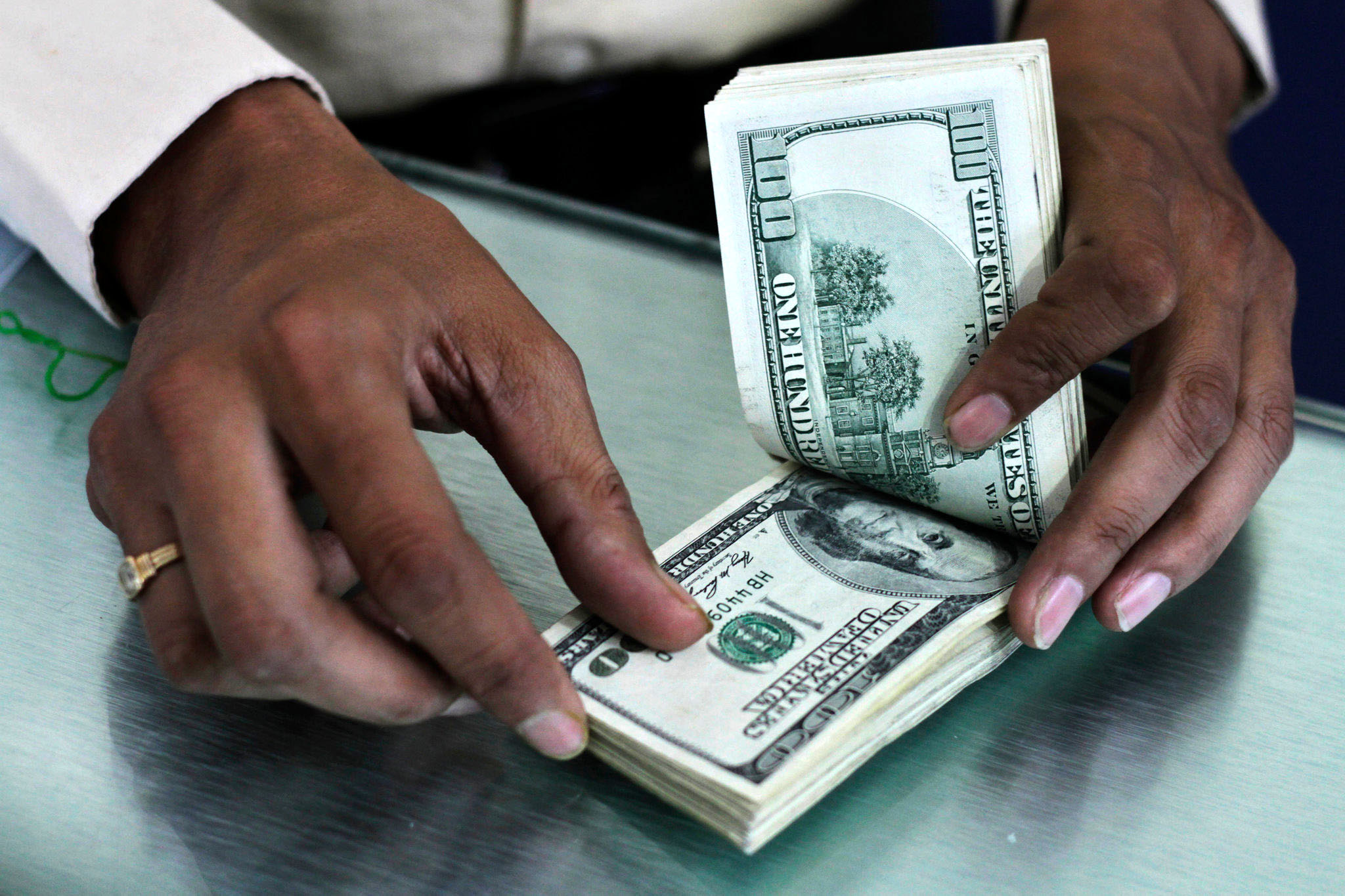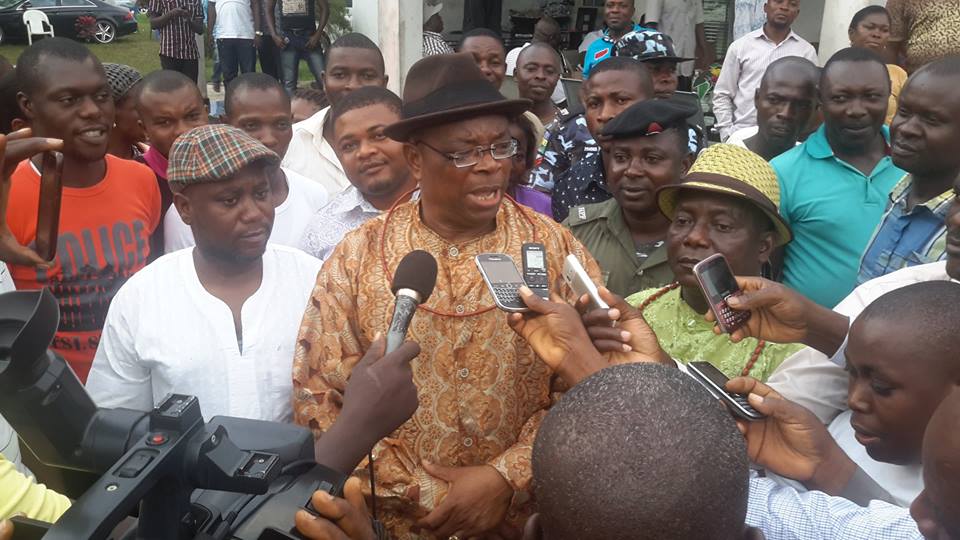File photo depicting voter registration in Nigeria
‘People of the Year’ being those people who have, in my estimation, most affected the lives of the people of Nigeria, or have been at the heart of the most momentous happenings in the country, in the outgoing year. In no particular order:
Goodluck Ebele Jonathan. I can’t think of many other people who would have willingly handed over power the way Goodluck Jonathan did. It’s of course in keeping with his ‘I-don’t-like-wahala’ mien; he same attitude that I believe cost him a second term. Even in the face of much pressure to follow the archetypal African-Leader route, Jonathan settled for the still small voice of reason. It’s easy to look back and laugh about it now, but just imagine if Godsday Orubebe’s drama had resulted in the intended effect. Imagine Jonathan had not called to concede defeat early on. Imagine there had been a stalemate. For following the path that helped avoid this, and deflate all the doomsday predictions (and the eager expectations of many foreign journalists who swarmed the country anticipating scenes of the sort of post-election chaos one tends to associate with ‘Africa’), Goodluck Jonathan wrote his name in a special place. Mr. Jonathan also earns a place on this list for the way he pushed the people he governed, first to the edge, and then over it. Many of us underestimate just how much work that took, to make a people cursed with a painfully short collective memory, and endless reserves of pardon, to choose a septuagenarian ex-general over a younger doctorate degree holder. President Buhari should forever be grateful to Jonathan on that score, because Jonathan lost that election more than Buhari won it.
Diezani Alison-Madueke. Her name, Diezani, means ‘Look Before You Leap’ in her native Izon dialect. There’s little evidence she heeded that advice, before the music stopped in May. DAM, as we’ve come to know her, has been in the news more than any other Nigerian woman this year. All through the Jonathan years many believed she was one of the powers behind the throne, with even more clout than the titular Coordinating Minister of the Economy. What she’s best known for is her handling – or mishandling – of the oil Ministry in the five years during which she ran it. ‘Sweetheart’ deals flowed out to eager beneficiaries, a good number of whom may have ended up short-changing her just as much as Nigeria was being short-changed. Shortly after the elections she fled to the UK, where she is now being investigated for money laundering. The Diezani story leaves more questions than answers: how did she manage to retain her job and influence, in spite of how much she was disliked, not just by the opposition, and the populace, but also by government insiders. It appears that there were several forces within the government who had long wanted President Jonathan to sacrifice her. But he either was unwilling or unable, or both. Someday I hope someone tells the story of how DAM came to wield that much power over President Jonathan. In her story lies a big lesson for the new President: Beware of the confidant or associate or kitchen-cabineter who lurks dangerously in your blind spot and does incalculable damage to your reputation and legacy.
Sambo Dasuki. Dasuki’s clout began to manifest itself when he led the military chiefs to secure a 6-week election postponement. At that time there were rumours that he was trying to scuttle the elections because of fears that the role he played in overthrowing the Buhari military government 30 years ago would earn him grand retribution from an elected President Buhari. Dasuki led the military and intelligence agencies to force INEC to postpone the elections (even though of course INEC itself was, let’s be honest, severely unprepared for the February polls). Since he was relieved of his job in August, he has been in the news for different reasons – challenging DAM for first place on the list of persons who best embody the profligacy and patronage of the Jonathan era.
Advertisement
Attahiru Jega. Not so much for the logistical prowess of INEC under his watch (debatable), but for the preternatural calm that he demonstrated at a moment when most other people – being rational human beings – would have responded in an ultimately unproductive manner.
Muhammadu Buhari. After 3 tries and 12 years – and a 2011 declaration that he was done running for President – Muhammadu Buhari made history by becoming the first person in Nigeria to defeat a sitting president in general elections. And the second person to rule Nigeria twice. The man he defeated was himself a maker of history; Goodluck Jonathan was the first person from a minority ethnic group to be elected President, and the first to come to office wielding a doctorate degree. What’s the lesson here? Patience and perseverance, no doubt. But even more important is the wisdom of embracing change. The APC platform allowed Buhari to move away from the errors and shortcomings of previous campaigns. Hampered by a lack of resources, and an insular outlook, previous campaigns tended to be low-key, especially across Southern Nigeria; trips tended to be done by road and not by air, and campaign representation was generally thin on the ground in many southern states. The APC platform helped position Buhari as a national – as opposed to a Northern – candidate.
It’s now been seven months since he took office; and if there’s one thing the President needs to do more, it’s speaking to the country that elected him. At the moment it feels like he regards it as a chore; that the people who elected him should trust that he wants the best for them and not expect him to explain much along the way. It’s not like he isn’t speaking at all, no. He speaks at conferences (most recently a very good speech from the Anyiam-Osigwe Foundation Lecture earlier this month). He also speaks at the many events that take place in the Villa, when he’s hosting civil servants or diplomats or politicians.
Advertisement
What’s rare – and what I believe Nigerians would like to see – is a President who talks directly to them, who addresses national concerns as they arise – bombings, fuel shortages, forex controls, Biafra agitations, Shiite uprisings, and so on. Shortly after taking office the new Canadian Prime Minister Justin Trudeau explained his decision to assemble a cabinet split equally between men and women with the quip: ‘Because it’s 2015!’ In other words, in 2015, you really don’t need to be looking for longwinded arguments to support giving half of your cabinet positions to women. That applies to communications as well. In 2015 any democratically President should be in constant, un-mediated touch with his or her people, speaking, explaining, assuring.
The Nigerian Military. Our military officers deserve a place on this list, for the roles – good and bad – they have played in our lives this year. The year started for them very badly, with the over-running of Baga by Boko Haram in the first week of January. They also had to depend on foreign mercenaries hired from the former Soviet Union and from South Africa, and it did feel, at the time, like we were a country pretending to have a military force. Now we have a better idea of how things stand, that we have an army that was severely starved of weapons and resources at a time when they most needed it. (See Dasuki, Sambo). In recent months they have bounced back and taken the battle to Boko Haram; they have given up their lives for this country (tragically many of their names and stories will never be told, because this is Nigeria). And now, as the year rolls to an end, they are again in the news, for the assault on a Shiite sect in the volatile city of Zaria. Is there really anything that justifies that sort of brutal military intervention – one which evokes memories of Ogoniland, Odi, Zaki Biam, and 2009 in Maiduguri – against civilians?
Last but not least, the Petrol Station Attendant. They have for long occupied prominent roles in the Nigerian psyche; invisible and unacknowledged when everything is going fine, and suddenly acquiring martial-grade powers in periods of petrol scarcity. You know that old Nigerian joke about the phone numbers you must have on your phone: a police officer, a soldier, who else? One imagines that in the Nigerian dating pool, petrol station attendants are highly sought after. Because Petrol Attendants matter! This year, more than any other in recent memory, those attendants have intruded into our lives. They have spoken disdainfully to us, lorded it over us, been recipients of our pleadings, demanded and received tips in no way commensurate with the value they have supplied. March, April and May were months of terrible scarcity, and now November and December are intent on joining them. This can only mean one thing: for a while to come there will be many a young Nigerian prizing a petrol station gig over your regular white collar job!
Follow me on Twitter: @toluogunlesi
Advertisement
Add a comment
